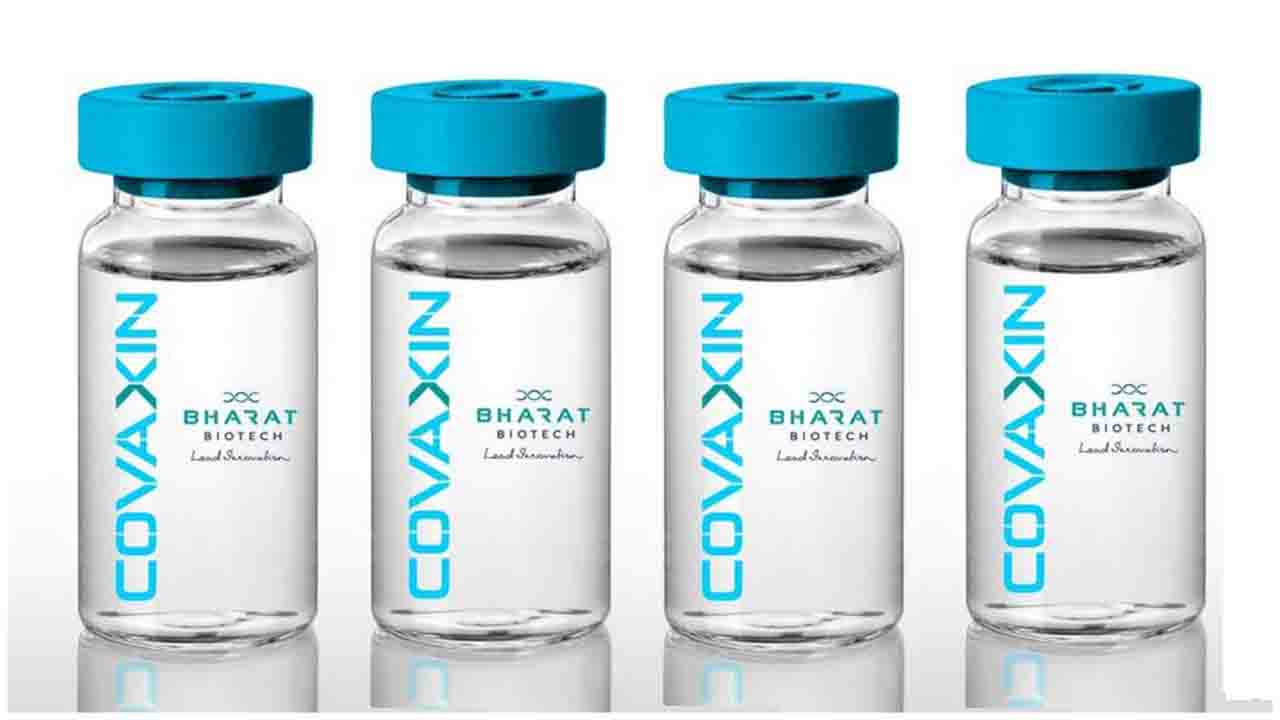New Delhi: The first made-in-India coronavirus vaccine may be launched by August 15, with the Indian Council of Medical Research (ICMR) fast-tracking efforts to develop "Covaxin" in partnership with Bharat Biotech International Limited. A dozen institutes have been selected for clinical trials of the indigenous COVID-19 vaccine (BBV152 COVID vaccine), the government's top medical research body has said.
The institutes have been asked by the ICMR to step up clinical trials as it is a "priority project" monitored at the topmost level of the government.
"The vaccine is derived from a strain of SARS-CoV-2 isolated by ICMR-National Institute of Virology, Pune. ICMR and BBIL are jointly working for the pre-clinical as well as clinical development of this vaccine," the ICMR said in a letter to the institutes.
The ICMR talked about plans to launch the vaccine for public health use by August 15, Independence Day. Experts have questioned the deadline, since the clinical trial is yet to begin.
"It is envisaged to launch the vaccine for public health use latest by 15th August 2020 after completion of all clinical trials," said the research body.
The final outcome will depend on the cooperation of all clinical trial sites involved in this project, the ICMR told the institutes, advising them to speed up approvals related to clinical trials and ensure that subjects are enrolled starting this week.
"Non-compliance will be viewed very seriously. Therefore, you are advised to treat this project on highest priority and meet the given timelines without any lapse," said ICMR's letter.
Bharti Biotech's application for clinical trial, accessed by NDTV, reveals that the estimated duration of the trial is one year and three months. The sample size of the study is 1,125 people between 12 and 65 years. Out of the 12 institutes picked BY ICMR, seven are yet to establish an "Ethics Committee" to oversee the trial.
"How can ICMR say that the vaccine will be launched for public use by August 15? How can the clinical trial be completed in just one month for a vaccine," wondered Amulya Nidhi of Jan Swasthya Abhiyan, a network of organisations working on public health.
While ICMR has refused to comment on its letter, Satyajit Mohapatra, who is in charge of the clinical trial in SRM Hospital and Research Centre, Tamil Nadu, told NDTV: "ICMR has given a timeframe for completion of Phase 1 of the trial by August. Phase 2 of the study will start after completion of Phase 1, followed by Phase 3."
The Phase 1 is planned for completion in 28 days, which would meet the August 15 deadline. It is not clear how the vaccine can be made available for public use with just the results of the first phase.
Worldwide, scientists are racing to produce a vaccine for the deadly virus that has infected over 10 million, including 600,000 in India, and caused more than 500,000 deaths.
No vaccine has yet been approved for commercial use against COVID-19. More than a dozen possible vaccines from over 100 being developed globally are being tested on humans. Some have shown potential in early-stage trials.

 No vaccine has yet been approved for commercial use against COVID-19 in India
No vaccine has yet been approved for commercial use against COVID-19 in India




















.jpeg)



.jpg)




.jpg)





.jpeg)

.jpg)


